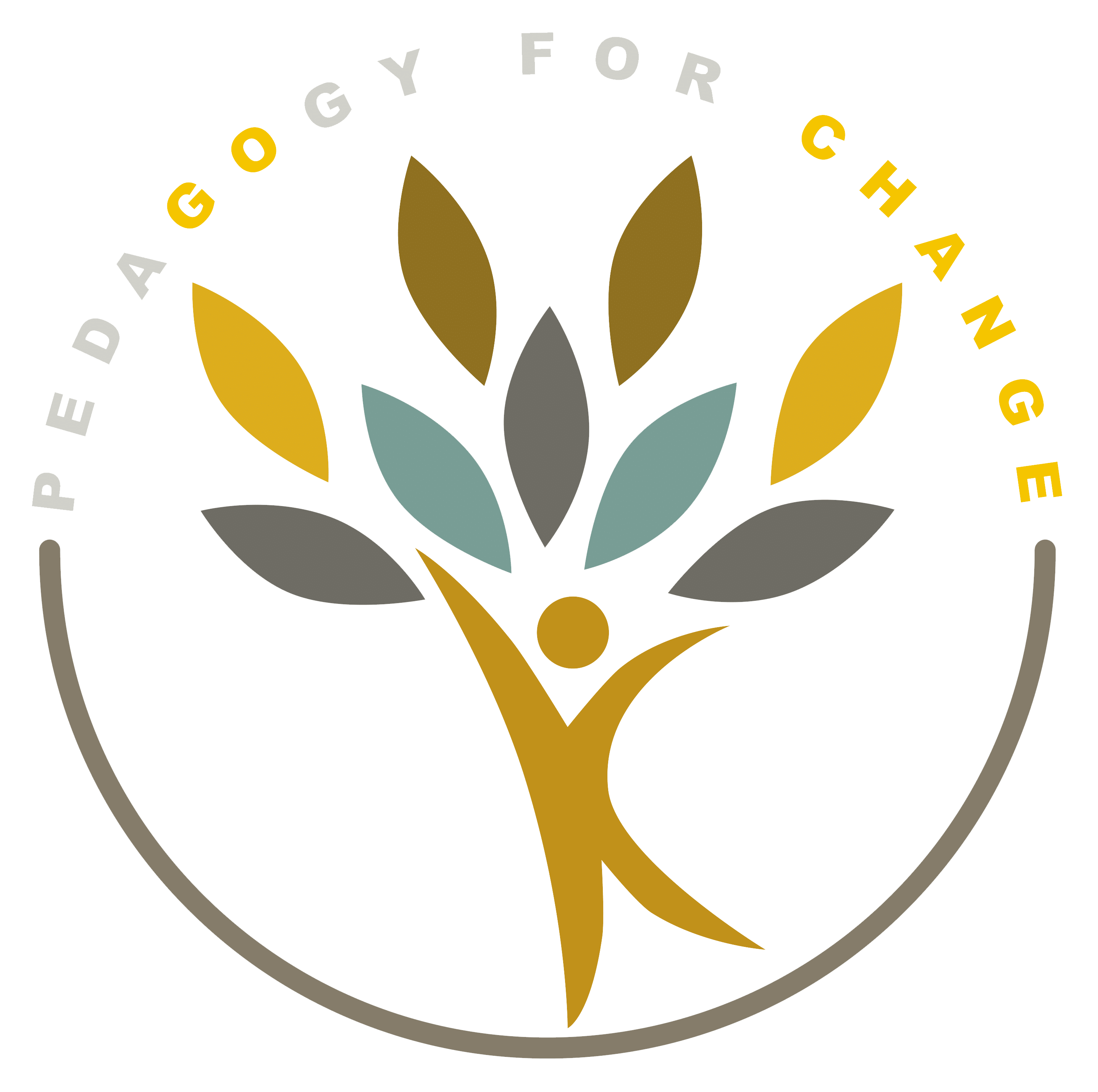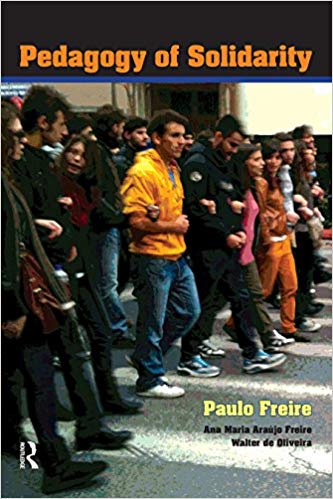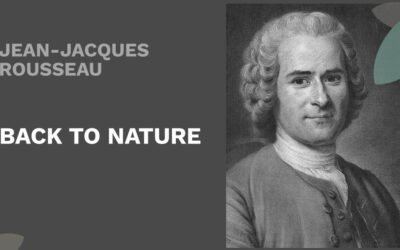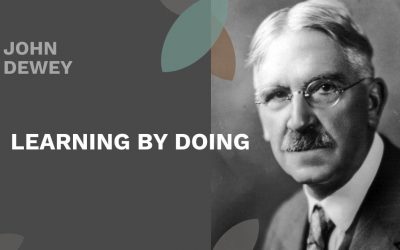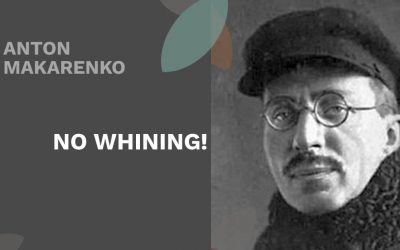


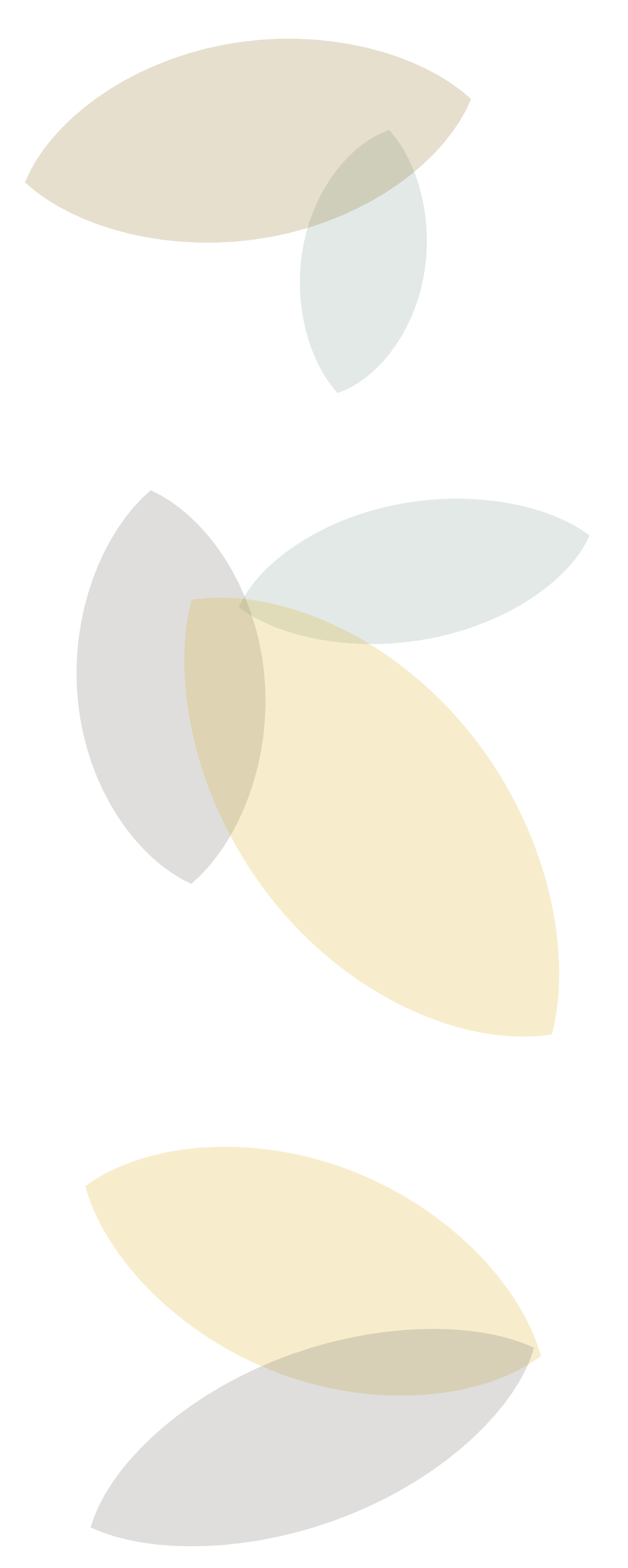
Paulo Freire
Pedagogy of Hope
Paulo Freire’s pedagogy was developed for the oppressed adult illiterates of Brazil, but it also inspired teachers and social educators all over the world. We can all relate to the “pedagogy of hope”.
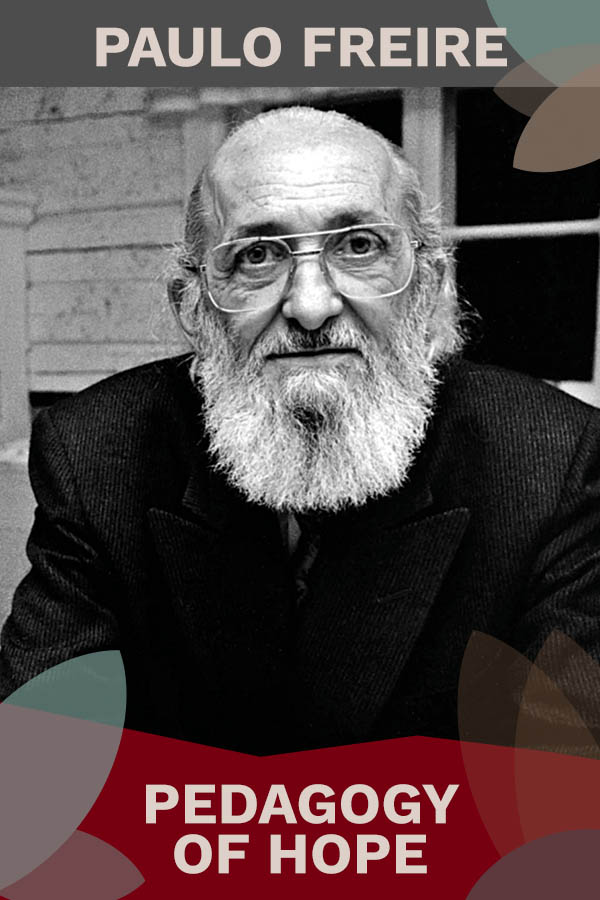
Replacing the banking model
“The teacher is a lecturer, and the students are containers that need to be filled by the teacher. The more he puts into the container, the better a teacher he is. And the meeker the containers let themselves be filled, the better the students.”
This is how the Brazilian pedagogue Paulo Freire described the typical teaching situation with lectures, homework and questioning. He devoted his life to change this type of teaching and learning.
He thought the “banking model”, as Freire called the type of teaching, where the student’s consciousness was considered “a bank” in which the teacher deposits knowledge, was oppressing. The model reduces both students and cognition to objects which the teacher can manipulate at will.
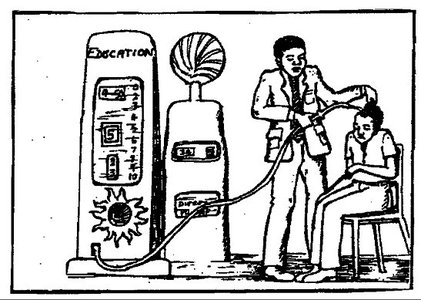
Critical pedagogy
Paulo Freire created “critical pedagogy”, where the teacher doesn’t teach, but is learning while in dialogue with the students. And the students learn while teaching. In critical pedagogy, the student’s actions aren’t limited to receiving, sorting and storing the teacher’s banking deposit. On the contrary, the student has a real opportunity to recognise reality and to act on that recognition.
A battle against poverty and oppression
Paulo Freire was born into the upper middle class in Brazil, but early on he had to experience poverty himself, when his family lost all their money during the great depression in 1929. This harrowing experience founded his lifelong battle against poverty and oppression.
Young Freire initially wanted to study law, but he acknowledged that the court system only served the ruling class. Instead, he became a pedagogue, and already in 1947, he took the initiative to start a literacy project among the poor and oppressed farmers. At that time around half of the 30 million inhabitants of Brazil were illiterate. Under these circumstances, Freire developed his pedagogical principles.
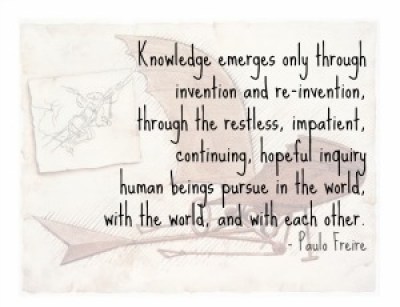
Dialogue as supporting principle
The farm workers’ particular reality was the starting point for Freire’s method. Literacy classes began with selected words that were highly emotive and expressed the students’ life situation.
Hence, the dialogue was the supporting principle – or as Freire expressed it:
“The teaching must begin with solving the teacher/student contradiction, by reconciling the opposite poles, so that both parts are both teachers and students at the same time. And in such a manner that the students’ creative ability isn’t belittled or destroyed, and their credibility enhanced.”
Imprisoned and tortured
According to Paulo Freire, the purpose of teaching is to support the student’s critical sense, so they are not easy to dominate but able to act. And that is not in the interest of the oppressors, says Freire. On the contrary. The oppressors only try to change the mind-set of the oppressed – not the situation which is oppressing them.
The Pedagogy of the Oppressed
In mainstream society, the oppressed are treated as individual cases, as marginal persons who deviate from the general configuration of a “good, organised and just” society. They are regarded as the pathology of the healthy society which must therefore adjust these “incompetent and lazy” folk to its own patterns by changing their mentality,” Freire writes in the book “Pedagogy of the Oppressed”, his manifesto.
The solution is not to “integrate’ the oppressed into the structure of oppression, but to transform that structure so that they can become “beings for themselves.”
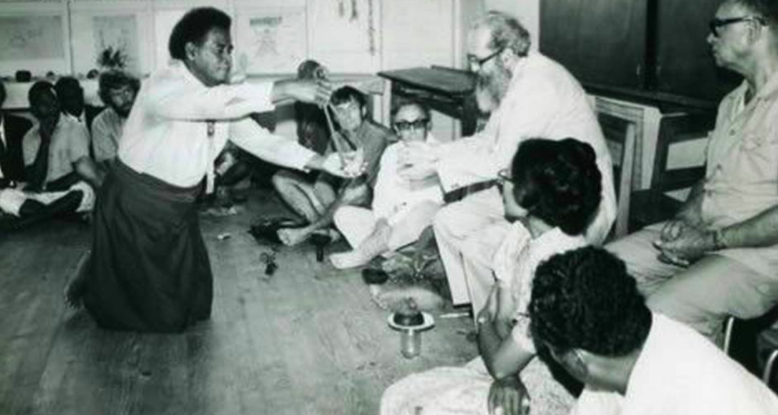
Persecution and exile
Radical pedagogical ideas like these were not tolerated by the military junta who seized power in Brazil in 1964. After the military coup, Freire was persecuted, imprisoned and tortured, until he escaped to Chile. Here, he became a leader of a literacy programme under the United Nations, and Salvador Allende’s socialist government used his ideas in their educational planning.
However, in 1973 the elected socialist government Chile was overthrown in a military coup supported by the CIA, and Paulo Freire, his wife and their five children needed to flee again. Freire worked at Harvard University for a year, then he became consultant for the World Council of the Churches with headquarters in Geneva while he developed specific teaching principles in Guinea-Bissau, Nicaragua and Angola.
After 15 years in exile, Freire returned to Brazil in 1979, where he taught at the Catholic University in Sao Paolo until his death.
Pedagogy of Hope:
Inspiring progressive educators worldwide
Freire’s teaching principles have inspired progressive movements world, especially in the Global South where most over-exploited countries are situated.
Freire’s ideas continue to inspire teachers, social educators and pedagogues worldwide as they recognise the importance of dialogue, and the necessity to base any teaching on the learner’s own lives and experiences.

“Washing one’s hands of the conflict between the powerful and the
powerless means to side with the powerful, not to be neutral. ”
―
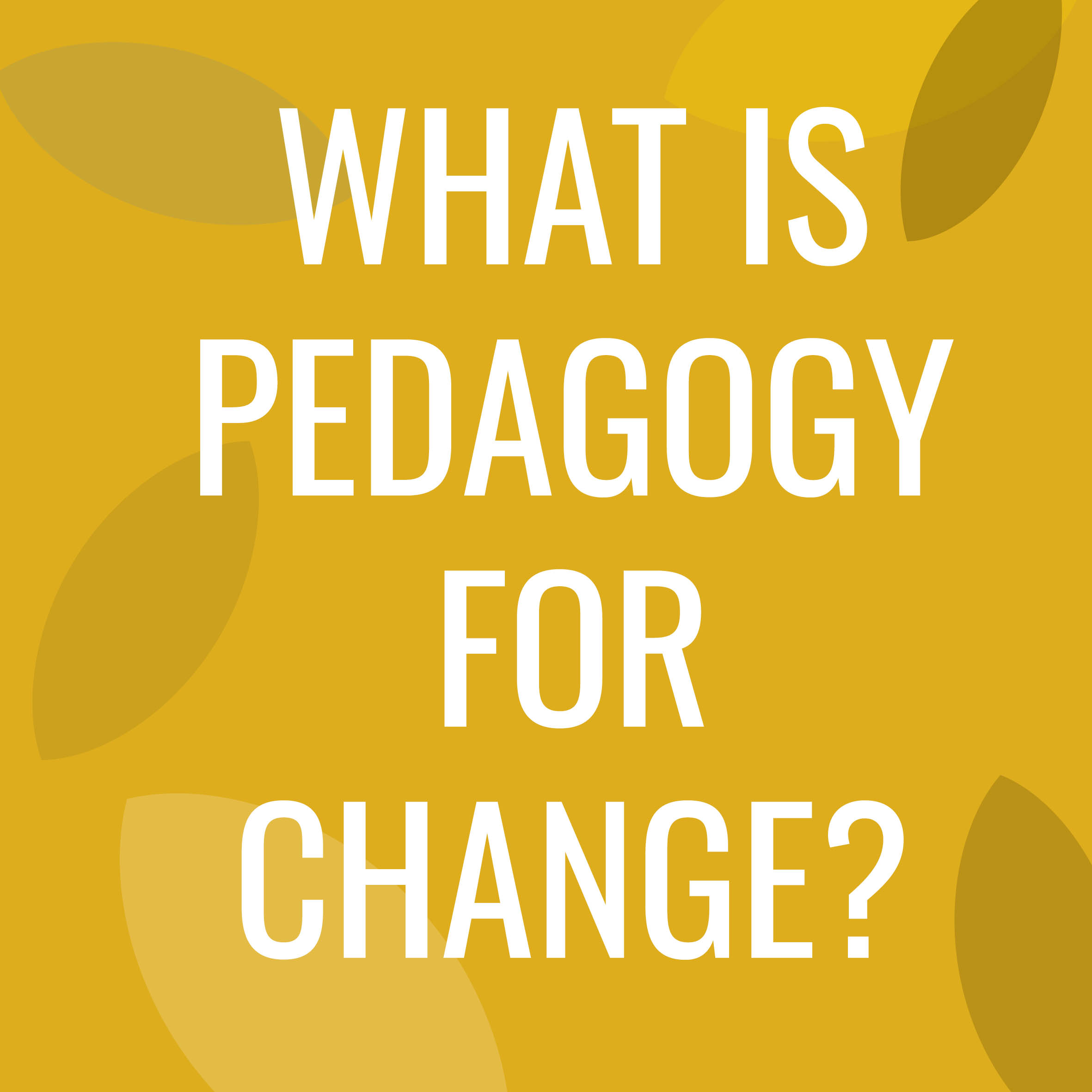
What is Pedagogy for Change?
The Pedagogy for Change programme offers 12 months of training and experiencing the power of pedagogy – while you put your skills and solidarity into action.
Studies and hands-on training takes place in Denmark, where you will work with children and youth at specialised social education facilities or schools with a non-traditional approach to teaching and learning.
In short:
• 10 months’ studies and hands-on training in Denmark, working with children and youth at specialised social education facilities or schools. At the same time yo will study the world of pedagogy with your team – a group of like-minded people. You will meet up for study days every month.
• 2 months of exploring the reality of communities in Scandinavia / Europe, depending on what is possible – pandemic conditions permitting. You will travel by bike, bus or perhaps on foot or sailing.
• Possibility to earn a B-certificate in Pedagogy.
Are you qualified to join Pedagogy For Change?
To be accepted into the programme you need to meet the following criteria:
- You are an EU citizen – with a few exceptions.
- You are 18 years or older.
- You have finished 12 years of school.
- You speak English well enough to communicate well with teachers and students at the training centres and projects.
- You have good social and people skills.
- You have a driving license. (90% of the training positions require this.)
- You have previous experience with some kind of youth work, sports clubs, youth camps, drama groups or similar.
- You have decided not to drink alcohol or take drugs for the entirety of the program.
- You are eager to experience a multidisciplinary and collective training programme, which includes theoretical and practical activities.
- You are ready to immerse yourself in a multicultural and diverse community.
Do I need to be a citizen of the European Union to join?
Yes – with a few exceptions.
To do the Pedagogy for Change programme, you need to have residency and work permit in Denmark. This is only possible if:
- You are a citizen of the European Union.
- You come from a country that has a “Working Holiday Visa” agreement with Denmark, that is:
Argentina, Australia, Canada, Chile, Japan, New Zealand and South Korea. - You come from Norway or Switzerland.
In his later work “Pedagogy of Solidarity”, Paulo Freire presents his ideas on the importance of community solidarity in moving toward social justice in schools and society. In a set of talks and interviews shortly before his death, Freire addresses issues not often highlighted in his work, such as globalization, post-modern fatalism, and the qualities of educators for the 21st century
MORE GREAT PEDAGOGICAL THINKERS
Jean-Jacques Rousseau
Rousseau wrote Émile, or On Education, 250 years ago – but the pedagogical principles described in this novel still have much to offer modern educators.
John Dewey
Education, teaching and discipline are lifelong social phenomena and conditions for democracy, according to acclaimed American philosopher John Dewey.
Anton Makarenko
Teaching, work, discipline & self-management were the main pillars in the pedagogy developed by Anton Makarenko. He became the founder of the theory of collective education.
